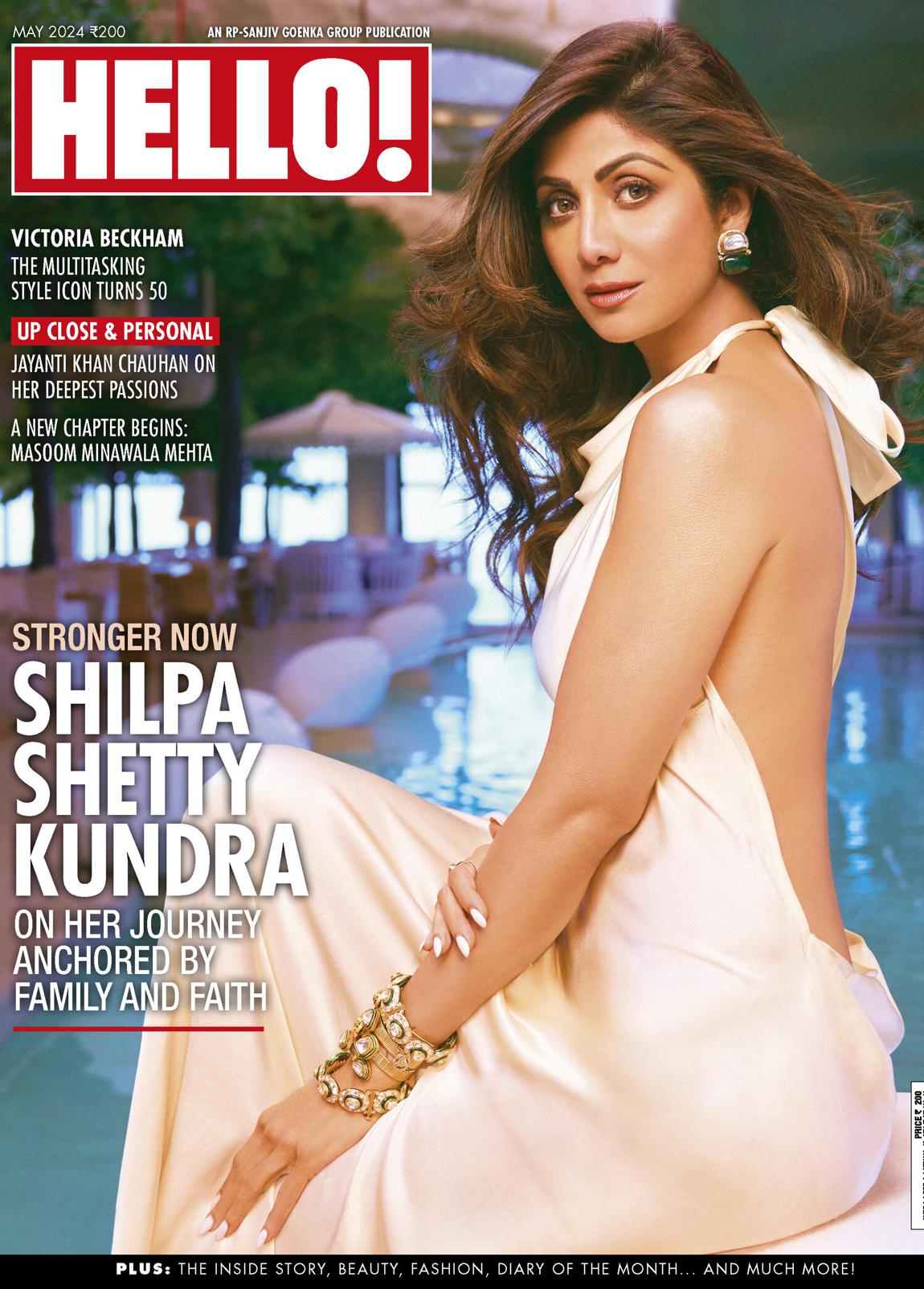
Back in 2002, a Thai restaurant won a Michelin Star for the first time ever and believe it or not, it was run by an Australian — none other than the legendary Chef David Thompson. Today, his restaurants ranging from Aksorn to Nahm are a regular feature inside the coveted guide, be it homeland, Bangkok or Seoul.
However, you won’t need to travel internationally to try out Chef David Thompson’s mind at play. All you need to do is check out the restaurant Fireback the next time you’re in Goa where he’s the culinary director. The restaurant, run by famed Indian restauranteur Rohit Khattar, is a stunning eatery which offers views of the glorious St. Anthony’s Church in the Siolim neighbourhood.

Recently, we had the chance to catch up with the renowned Chef over scallop and papaya salad, chicken krapow, crab fried rice and homemade coffee and Kalhua ice cream. We spoke candidly about his culinary journey — from his first introduction to Thai cuisine to finding his way to the sunshine state of Goa and his unbreakable kitchen rules. Read an excerpt from our food-fueled interview:
In Conversation With Chef David Thompson
HELLO!: What drew you to the culinary world and how did you decide to become a chef?
Chef David Thompson: “You know, it’s funny how life works sometimes. My parents were shocked when I said I wanted to become a cook. My mother’s culinary skills were… shall we say, lacking? Food at home was more of a trial than a treat, but I became possessed — possessed by the need to cook. I have no understanding why; it certainly didn’t come from my mother’s genes. But for some reason, I became obsessed by the time I was 21. There was no rhyme, no reason, no Epiphanius moment. It just happened.”
H!: Having grown up in Australia, how were you first introduced to Thai cuisine?
DT: “I still remember the first Thai restaurant I ever went to in 1979. The first time I ate Thai food, I hated it. It was fish cakes that were soggy and rubbery, the lemongrass was awful. I just didn’t like it. Also, when it comes to food, I have quite an excellent memory. When it comes to other things, perhaps not as clean or clear.”
H!: What were some trepidations you faced when you opened your first Thai restaurant?
DT: “I had none whatsoever because I had the bravery of the ignorant. I was bold and brave and it never occurred to me. I just thought I was cooking good food so I never had any trepidation nor did I have it when I opened my restaurant in Bangkok, but I made front page news in all of Bangkok in the 2000s.”

H!: Out of all your restaurants, which has been the most special?
DT: “It’s Fireback because I’m not trying to be too authentic. I can’t be too authentic because I can’t get all the ingredients. While I’m unable to source all the required ingredients, the limitation allows for some creative freedom. Nevertheless, navigating the expectations of customers, who can be both a blessing and a curse, presents its own set of challenges, which I love.”
H!: What are some challenges you face as a restaurateur?
DT: “Ah, where do I begin? Customers and staff mostly because their standards are difficult to achieve and these put an extra burden on an already demanding industry. You’re trying to please customers and when you’re trying to please the staff while also maintaining authenticity, it gets difficult.”

H!: What attracted you to Goa? What’s your favourite thing about this place?
DT: “It was an opportunity created by Rohit (Khattar, restauranteur) as an idea to spread elsewhere, and it’s such a charming place with agreeable people and some nice food.”
H!: What was your thought process when curating the menu for Fireback?
DT: “It was to try and create something that can please all the diverse components within a restaurant: the discerning palate of the customer, the dedication of the staff and the culinary vision of the head cook. My goal was to maintain integrity while also embracing the nuances of the Indian taste profile.”

H!: You’ve written 3 books. But can you tell us some rules of the kitchen you would never break yourself or allow your staff to break?
DT: “First and foremost: ‘Yes, Chef’ — respect and discipline form the cornerstone of any successful kitchen. Secondly, the best thing you can do in the kitchen is to make a mistake. Because if you follow a recipe and it works, you don’t think about it; you don’t consider the taste, the cooking process or the dynamics of the methods. However, when you make a mistake, you have to analyse and think. It’s through trial and error that you gain insight into the mechanics of cooking. Though mistakes may be painful, they serve as a tool for investigation and understanding.”
H!: What are your favourite Thai dishes?
DT: “I don’t know. It really just depends. There’s so much in the repertoire there. It’s impossible to say; it could be a green curry or fish. It could be a red curry of some prawns. It could be a whole range of desserts and tapioca. I love Thai food because of its vast repertoire and its extraordinary range of tastes and textures.”






